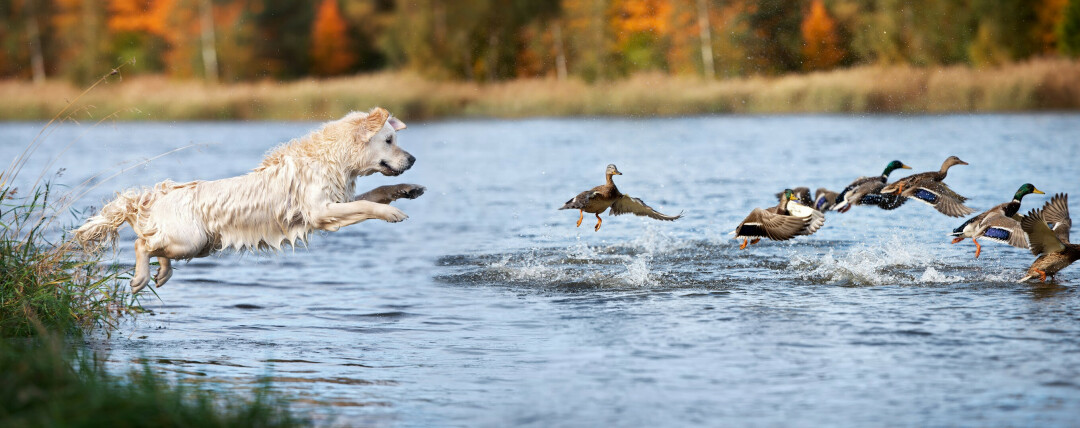How to Effectively Call Out Ducks When Hunting
Wednesday Oct. 14th, 2020

When you decide to take part in the art of hunting, you have to be willing to continuously learn, evolve, and adapt to the process. The steps that you need to take to become a successful duck hunter require patience and eagerness to learn. The beauty of digital learning is that all the information that you need is available at the click of your fingers. Here are some of the ways that you can effectively call out ducks when hunting.
Research
Any skill that you decide to put your mind to requires some research. In this particular case, you can research duck calls and see the plethora of advice and information that is provided for you to learn. You can get useful tips and pointers from professional duck hunters and experts in the field. Once you have gathered the information, you can then put to use what you may have picked up and see what works best for your developing hunting style.
Avoid Excessive Calling
Once you have picked up a few pointers regarding duck calling, you can head out to the field and try some of the styles out. Although it is exciting to implement what you may have learnt, avoid excessively calling out to the ducks. Keep in mind that ducks can become accustomed to the calls because of the number of hunters who similarly adopt some of the calling styles that you may have also discovered. This means that you have to be strategic about when you call your ducks, to avoid the calls becoming a familiar background tune to the ducks.
Call Strategically
Strategic calling means learning to identify the exact points and moments that will lead the ducks towards your water decoy. Studying the body language of ducks is one way that you may be able to implement strategic calling. It is advised that you call out to the ducks when they are in a flustered, confused, or busy state. Such states means that the ducks have less time to process the calls and ignore them, meaning they will most probably act upon the calls. One sign that a duck is in a confused or flustered state is the constant moving of the neck from side to side.
Regulate the Call Volume
The level at which you call ducks will either encourage them to move towards the decoy or chase them away. There are instances where you need to softly call the ducks – for example, when they are so close to your decoy that they just need to slightly turn right into it. In other cases, the ducks may be too far to hear a low volume call. You need to use your discretion in every unique scenario as these constantly shift. You may discover that, in some cases, you need to loudly call the ducks although in close range to the decoy because of the flustered state that they are in. Low volume calls when in a state of confusion might not be efficient in that particular scenario.
Be Patient
The art of duck hunting is best crafted by those who are patient. No two days are the same and you need to learn your birds while constantly shifting your style to meet the different scenarios that are presented. If you are quick to throw in the towel, you won't give yourself enough time to analyze the specific calls that work in particular scenarios. Always be mindful and take note of every hunting result for you to analyze how you can constantly improve your duck call.
Learn from Experienced Duck Hunters
Practical learning can complement theory. Learning from professional duck hunters that have executed countless successful calls may help you on your hunting journey. You can practically learn about the timing, the different types of calls, and calling strategies from the hunters. As you practice, you can then draw from these practical lessons and include these into crafting your unique hunting style as no two hunters are the same.
Conclusion
Researching the topic of duck calls is important to get you started in the right direction of your hunting journey. Once you have an appreciation of the information that has been gathered and presented to you, you can go on to practice in the field. Effective duck calls entail limited calls, strategic calls, regulated volume, patience as well as learning from experienced duck hunters. Eventually, with practice, trial, and error, you too will be passing on your knowledge about duck calls to beginners.
| Tweet |